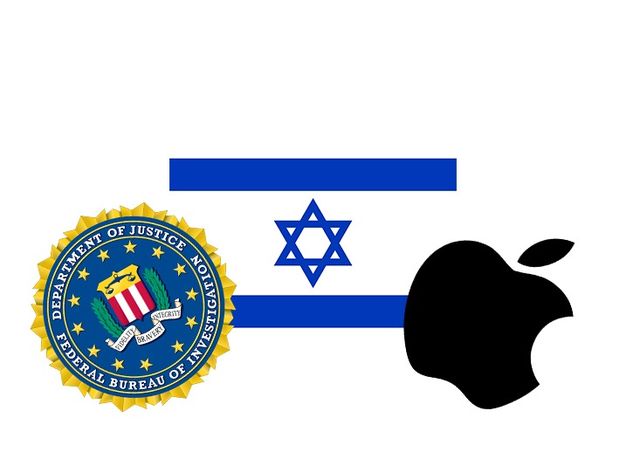Over the past several weeks, a major debate has taken place in America over what could be a defining moment for the world of technology. This debate, the FBI vs Apple encryption dispute, proves most intriguing since Cellebrite, an Israeli company, is believed to have provided a way for the FBI to hack into iPhones.
In December of 2015, the FBI recovered the iPhone of Syed Farook, one of the shooters in the San Bernardino terrorist attack. Believing that Farook’s iPhone could contain valuable information for their investigation, investigators asked Apple, Inc. to provide a way to gain access to the phone’s contents. Apple provided Farook’s most recent iCloud backups, which contained information from about six weeks before the attack, but were unable to provide a way into the phone due to Apple’s advanced encryption and privacy settings. The Department of Justice then sued Apple to create a custom operating system for the phone that would allow forceful cracking of the phone’s password and access to the phone’s contents. Apple adamantly refused, citing “breach of privacy” concerns.
On March 28, the DOJ dropped the case with the explanation that it had found a way to get into the iPhone without Apple’s assistance. Although the third-party hacker has not been publicly confirmed by the FBI, numerous reports have indicated that Cellebrite Mobile Synchronization, Ltd. is the company that provided the service. (In fact, according to USA Today, the FBI recently denied employing Cellebrite to crack Farook’s phone, although not everyone is buying that.)
Cellebrite is an Israeli company, founded in Petah Tikvah in 1999 by Yossi Carmil and Ron Serber. Among other things, they specialize in mobile forensics, providing ways for law enforcement to gain access to data on mobile devices. Sun Corporation, a company based out of Japan, currently owns Cellebrite, which employs more than 200 people in the US, Germany and Israel.
It is not yet known how Cellebrite was able to hack the iPhone or if it was actually responsible for its cracking, but a large contract, which has not yet been explained, was signed between Cellebrite and the FBI on the day the FBI postponed the court hearing.
Why it is a big deal that Apple refused the FBI access to the iPhone of a terrorist? It’s because this case will set a precedent about people’s privacy. There are already many other cases around the country in which local law enforcement agencies are asking the FBI for access into various phones. Countries such as China would also very much like to have a way into their citizens phones.
If this case goes the way of the FBI, we could conceivably enter a future like that of George Orwell’s 1984, in which the government has access to our phones through a backdoor and is able to gain access to all our personal data. However, the information on the phone could help prevent terrorist attacks and the deaths of many people. And so, if hacking this phone could save even one life — should we not seize that opportunity? In Judaism, saving a life takes precedence over almost all other laws, so should we give up some privacy to save lives? There is no easy answer to this question.
This is just the beginning of an important dialogue about privacy and encryption. Though we may not yet know where we will end up, if the past 60-odd years have been anything to go off of, I can assure you that Israeli companies will play an important role on both sides.

